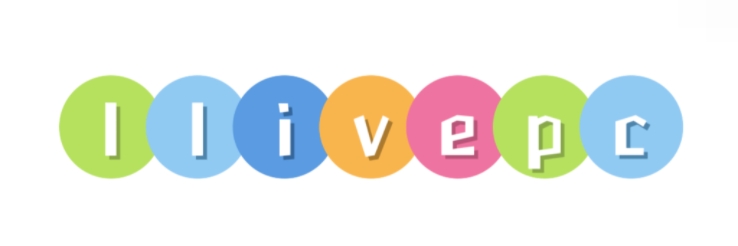10 Questions You Should Know about IoT Device Management Solutions
Nov. 05, 2024
# 10 Questions You Should Know about IoT Device Management Solutions.
The Internet of Things (IoT) has transformed the way we interact with technology, allowing various devices to communicate and function collaboratively. Among the essential components of this ecosystem are Programmable Sensors distributors, which play a critical role in data collection and device management. In this article, we will explore ten key questions related to Programmable Sensors distributors, shedding light on their functionalities, advantages, and future implications.
### 1. What Are Programmable Sensors Distributors?
Programmable Sensors distributors are systems or devices designed to manage multiple sensors used for various applications, from industrial monitoring to smart home systems. These distributors allow for the integration, configuration, and operation of sensors, facilitating data collection and real-time monitoring.
### 2. How Do They Improve Efficiency?
One of the primary benefits of Programmable Sensors distributors is their ability to increase operational efficiency. By automating data collection and analysis, these distributors minimize the need for manual intervention. For instance, in manufacturing environments, they can continuously monitor equipment health and performance, enabling timely maintenance and reducing downtime.
### 3. What Are Their Key Components?
Programmable Sensors distributors typically consist of various components, including:
- **Microcontrollers:** The brain of the distributor, these devices process data from the sensors.
- **Communication Modules:** These enable the sensors to communicate with a central hub or cloud platform, using protocols like MQTT or HTTP.
- **Power Management Systems:** Power efficiency is crucial, especially for battery-operated sensors. Effective power management ensures long-term operation without frequent recharges.
- **Firmware:** Customizable firmware allows users to configure sensor behavior according to specific needs and applications.
### 4. How Do They Ensure Data Accuracy?
Programmable Sensors distributors enhance data accuracy through calibration and real-time error correction features. By providing a centralized platform for managing different sensors, users can ensure that all devices are calibrated to the same standards, thus improving the overall reliability of the data collected.
### 5. Can They Adapt to Various Industries?
Yes, Programmable Sensors distributors are versatile solutions that can be tailored to meet the needs of different industries, including agriculture, healthcare, and manufacturing. For instance, in agriculture, these distributors can manage moisture and temperature sensors to optimize irrigation processes, improving crop yields.
### 6. What Role Do They Play in Smart Cities?
In the context of smart cities, Programmable Sensors distributors can manage a network of sensors that monitor air quality, traffic patterns, and energy consumption. This data enables city planners and policymakers to make informed decisions that enhance urban living conditions while optimizing energy usage.
### 7. How Do They Improve Flexibility in Production?
Programmable Sensors distributors allow for greater flexibility in production environments by facilitating easy reconfiguration of sensor networks. In a dynamic manufacturing setting, changes in production lines can be quickly accommodated by adjusting sensor distributions and parameters, ensuring that the system remains responsive to shifting demands.
### 8. What Are Their Security Features? .
Security is paramount in IoT environments. Programmable Sensors distributors often include multiple layers of security measures such as encrypted communication, secure authentication processes, and regular firmware updates. This helps protect sensitive data and ensure the integrity of the entire sensor network.
### 9. How Are They Beneficial for Data Analytics?
The data collected by Programmable Sensors distributors can be invaluable for analytics. By aggregating data from various sources, organizations can gain insights into operational performance, identify trends, and make data-driven decisions that enhance efficiency and productivity.
### 10. What Does the Future Hold for Programmable Sensors Distributors?
As IoT technology continues to evolve, the capabilities of Programmable Sensors distributors are expected to expand. Advanced features such as artificial intelligence integration, increased interoperability, and enhanced user interfaces will make these devices even more powerful in managing complex IoT ecosystems. .
### Conclusion: The Path Forward.
Programmable Sensors distributors are at the forefront of the IoT revolution, significantly improving efficiency, accuracy, and flexibility across various industries. As organizations recognize the value of integrating these solutions, the potential applications will continue to grow. Embrace the future equipped with knowledge about Programmable Sensors distributors, and consider how they can enhance your operations today.
For more Toyota TPMS Relearn Tool manufacturerinformation, please contact us. We will provide professional answers.
95
0
0

Comments
All Comments (0)